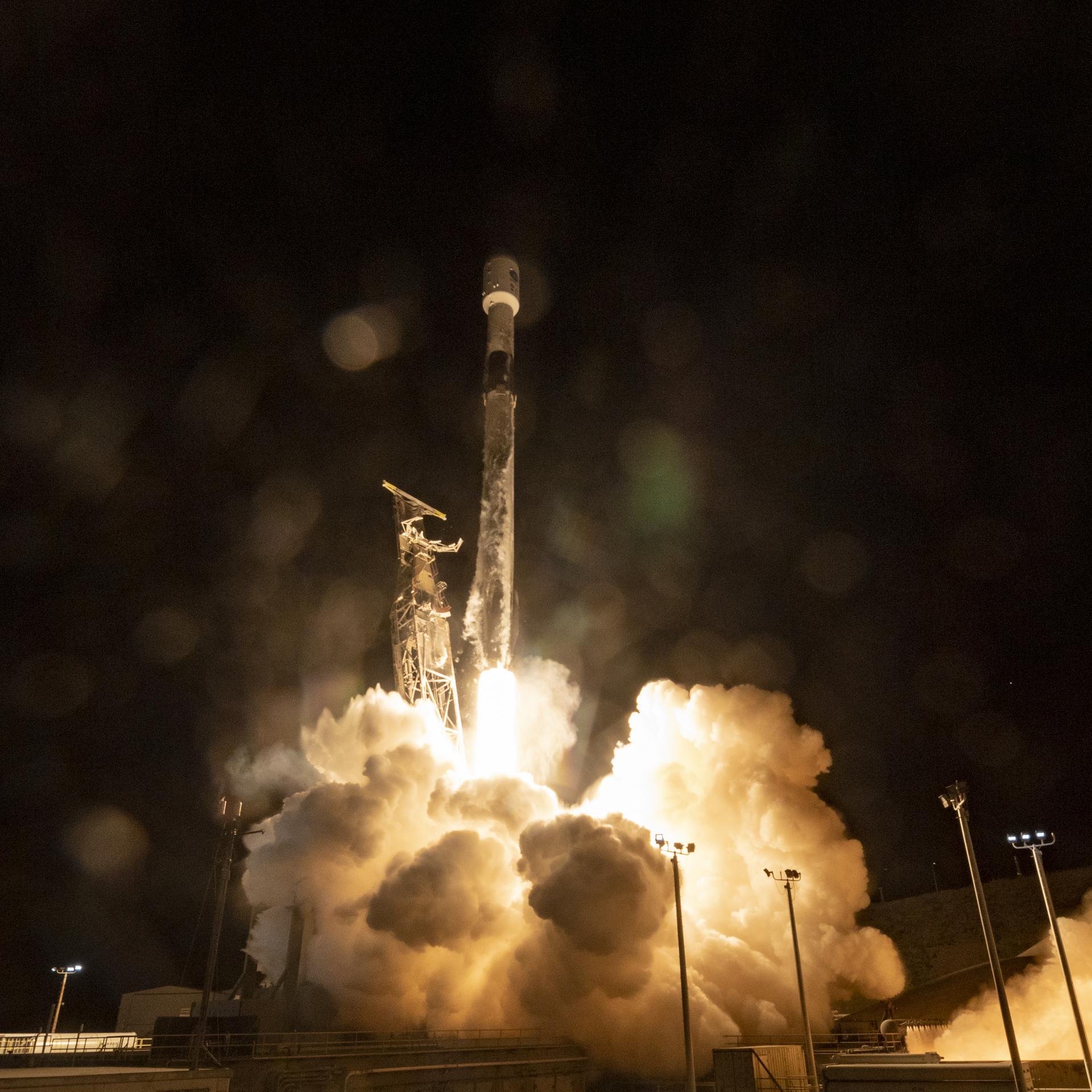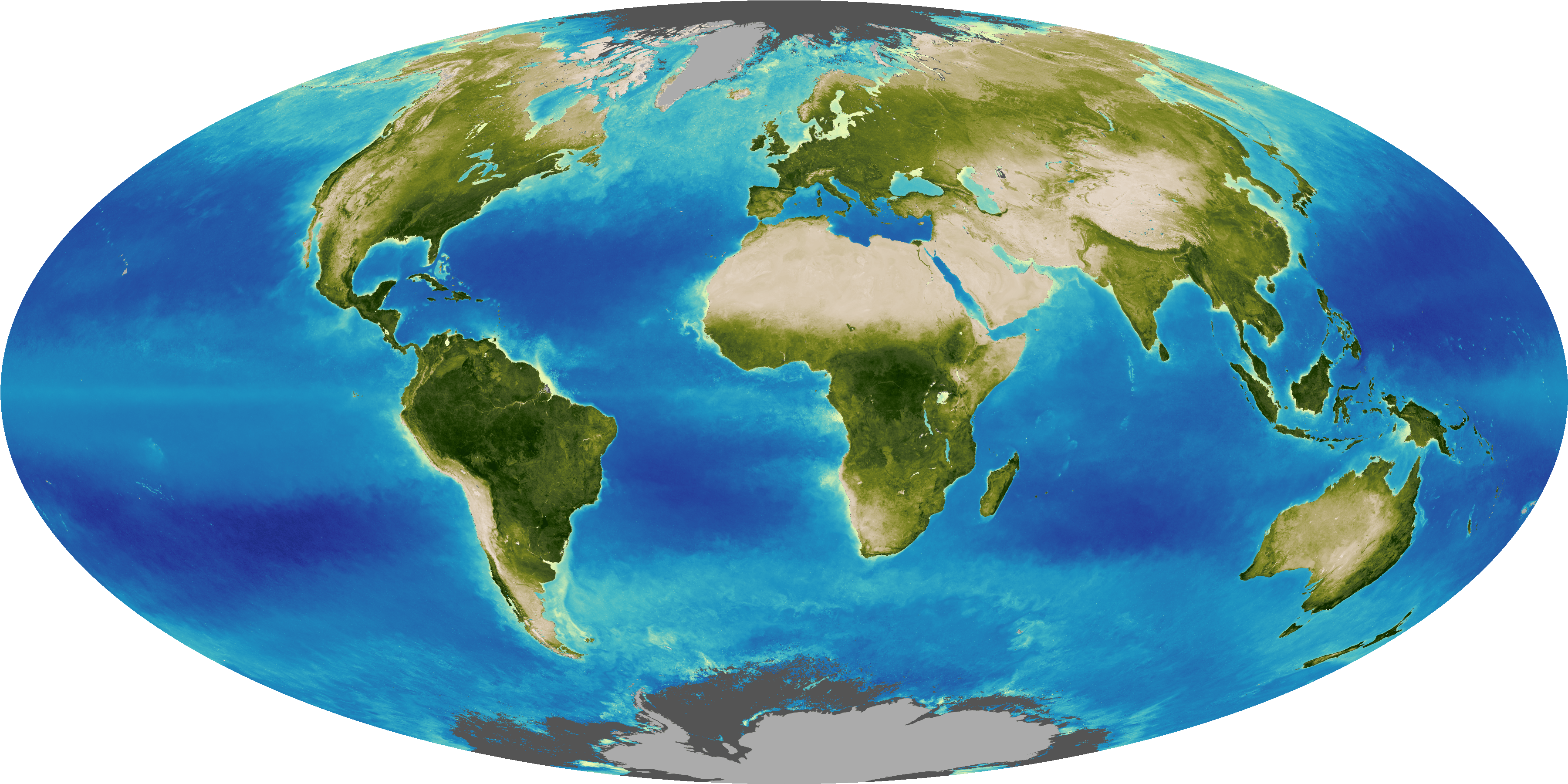Scientific Consensus
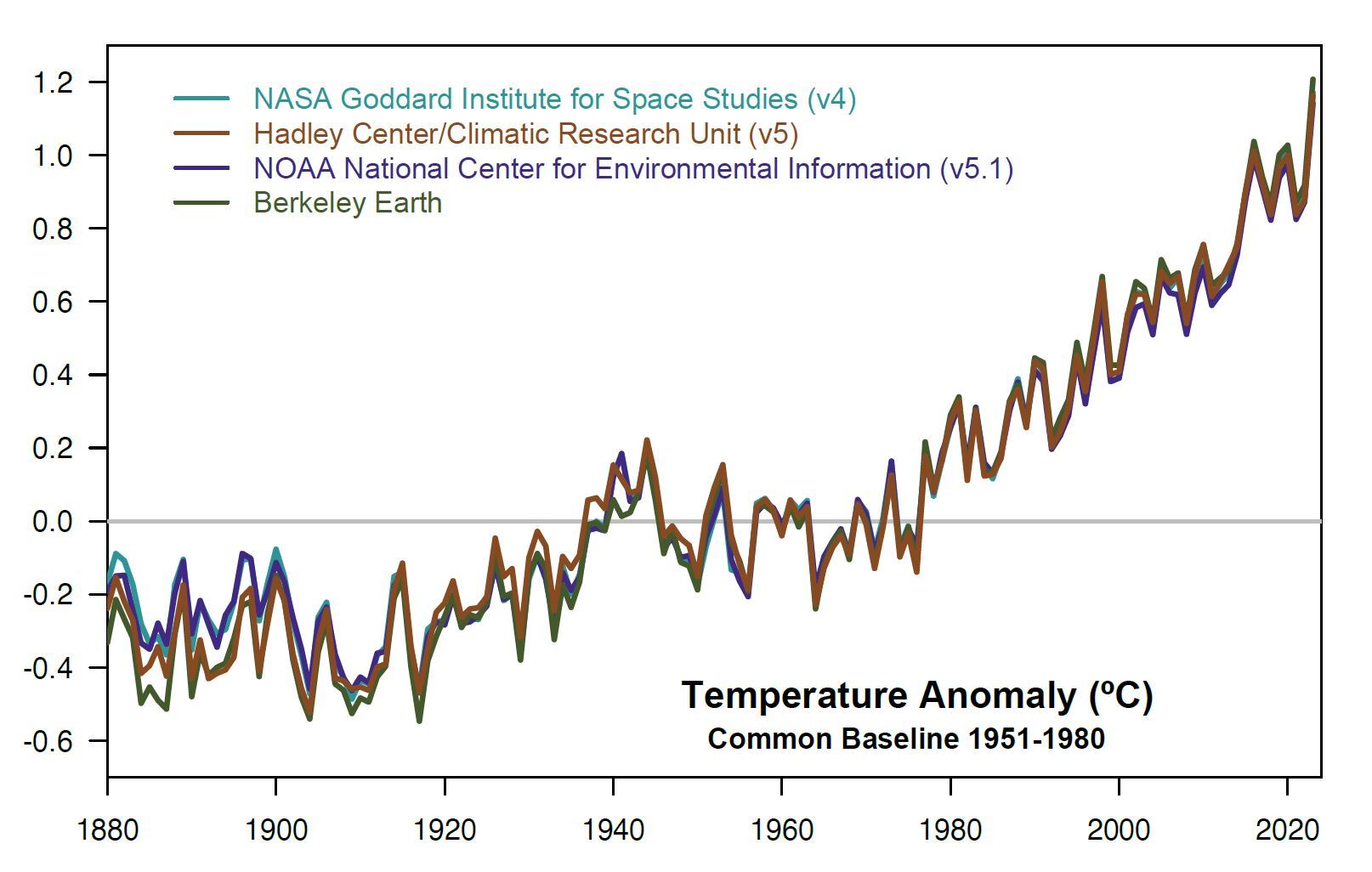
It’s important to remember that scientists always focus on the evidence, not on opinions. Scientific evidence continues to show that human activities (primarily the human burning of fossil fuels) have warmed Earth’s surface and its ocean basins, which in turn have continued to impact Earth’s climate. This is based on over a century of scientific evidence forming the structural backbone of today's civilization.
NASA Global Climate Change presents the state of scientific knowledge about climate change while highlighting the role NASA plays in better understanding our home planet. This effort includes citing multiple peer-reviewed studies from research groups across the world,1 illustrating the accuracy and consensus of research results (in this case, the scientific consensus on climate change) consistent with NASA’s scientific research portfolio.
With that said, multiple studies published in peer-reviewed scientific journals1 show that climate-warming trends over the past century are extremely likely due to human activities. In addition, most of the leading scientific organizations worldwide have issued public statements endorsing this position. The following is a partial list of these organizations, along with links to their published statements and a selection of related resources.
American Scientific Societies
Statement on Climate Change from 18 Scientific Associations
"Observations throughout the world make it clear that climate change is occurring, and rigorous scientific research demonstrates that the greenhouse gases emitted by human activities are the primary driver." (2009)2
American Association for the Advancement of Science
"Based on well-established evidence, about 97% of climate scientists have concluded that human-caused climate change is happening." (2014)3

American Chemical Society
"The Earth’s climate is changing in response to increasing concentrations of greenhouse gases (GHGs) and particulate matter in the atmosphere, largely as the result of human activities." (2016-2019)4

American Geophysical Union
"Based on extensive scientific evidence, it is extremely likely that human activities, especially emissions of greenhouse gases, are the dominant cause of the observed warming since the mid-20th century. There is no alterative explanation supported by convincing evidence." (2019)5
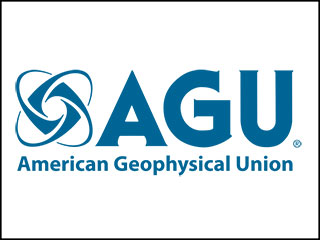
American Medical Association
"Our AMA ... supports the findings of the Intergovernmental Panel on Climate Change’s fourth assessment report and concurs with the scientific consensus that the Earth is undergoing adverse global climate change and that anthropogenic contributions are significant." (2019)6

American Meteorological Society
"Research has found a human influence on the climate of the past several decades ... The IPCC (2013), USGCRP (2017), and USGCRP (2018) indicate that it is extremely likely that human influence has been the dominant cause of the observed warming since the mid-twentieth century." (2019)7
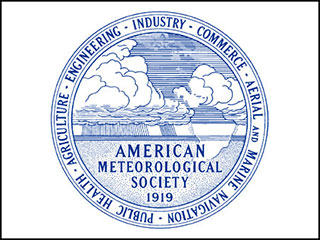
American Physical Society
"Earth's changing climate is a critical issue and poses the risk of significant environmental, social and economic disruptions around the globe. While natural sources of climate variability are significant, multiple lines of evidence indicate that human influences have had an increasingly dominant effect on global climate warming observed since the mid-twentieth century." (2015)8

The Geological Society of America
"The Geological Society of America (GSA) concurs with assessments by the National Academies of Science (2005), the National Research Council (2011), the Intergovernmental Panel on Climate Change (IPCC, 2013) and the U.S. Global Change Research Program (Melillo et al., 2014) that global climate has warmed in response to increasing concentrations of carbon dioxide (CO2) and other greenhouse gases ... Human activities (mainly greenhouse-gas emissions) are the dominant cause of the rapid warming since the middle 1900s (IPCC, 2013)." (2015)9
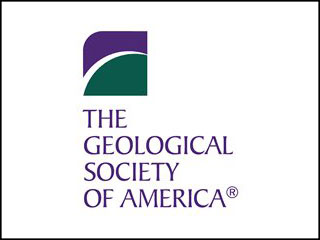
Science Academies
International Academies: Joint Statement
"Climate change is real. There will always be uncertainty in understanding a system as complex as the world’s climate. However there is now strong evidence that significant global warming is occurring. The evidence comes from direct measurements of rising surface air temperatures and subsurface ocean temperatures and from phenomena such as increases in average global sea levels, retreating glaciers, and changes to many physical and biological systems. It is likely that most of the warming in recent decades can be attributed to human activities (IPCC 2001)." (2005, 11 international science academies)10
U.S. Government Agencies
U.S. Global Change Research Program
"Earth’s climate is now changing faster than at any point in the history of modern civilization, primarily as a result of human activities." (2018, 13 U.S. government departments and agencies)12

Intergovernmental Bodies
Intergovernmental Panel on Climate Change
“It is unequivocal that the increase of CO2, methane, and nitrous oxide in the atmosphere over the industrial era is the result of human activities and that human influence is the principal driver of many changes observed across the atmosphere, ocean, cryosphere, and biosphere.
“Since systematic scientific assessments began in the 1970s, the influence of human activity on the warming of the climate system has evolved from theory to established fact.”13-17
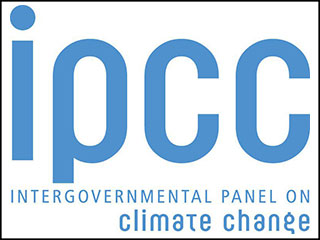
Other Resources
List of Worldwide Scientific Organizations
The following page lists the nearly 200 worldwide scientific organizations that hold the position that climate change has been caused by human action.
http://www.opr.ca.gov/facts/list-of-scientific-organizations.html
U.S. Agencies
The following page contains information on what federal agencies are doing to adapt to climate change.
https://www.c2es.org/site/assets/uploads/2012/02/climate-change-adaptation-what-federal-agencies-are-doing.pdf
Technically, a “consensus” is a general agreement of opinion, but the scientific method steers us away from this to an objective framework. In science, facts or observations are explained by a hypothesis (a statement of a possible explanation for some natural phenomenon), which can then be tested and retested until it is refuted (or disproved).
As scientists gather more observations, they will build off one explanation and add details to complete the picture. Eventually, a group of hypotheses might be integrated and generalized into a scientific theory, a scientifically acceptable general principle or body of principles offered to explain phenomena.
References
1. K. Myers, et al, "Consensus revisited: quantifying scientific agreement on climate change and climate expertise among Earth scientists 10 years later", Environmental Research Letters Vol.16 No. 10, 104030 (20 October 2021); DOI:10.1088/1748-9326/ac2774
M. Lynas, et al, "Greater than 99% consensus on human caused climate change in the peer-reviewed scientific literature", Environmental Research Letters Vol.16 No. 11, 114005 (19 October 2021); DOI:10.1088/1748-9326/ac2966
J. Cook et al., "Consensus on consensus: a synthesis of consensus estimates on human-caused global warming", Environmental Research Letters Vol. 11 No. 4, (13 April 2016); DOI:10.1088/1748-9326/11/4/048002
J. Cook et al., "Quantifying the consensus on anthropogenic global warming in the scientific literature", Environmental Research Letters Vol. 8 No. 2, (15 May 2013); DOI:10.1088/1748-9326/8/2/024024
W. R. L. Anderegg, “Expert Credibility in Climate Change”, Proceedings of the National Academy of Sciences Vol. 107 No. 27, 12107-12109 (21 June 2010); DOI: 10.1073/pnas.1003187107
P. T. Doran & M. K. Zimmerman, "Examining the Scientific Consensus on Climate Change", Eos Transactions American Geophysical Union Vol. 90 Issue 3 (2009), 22; DOI: 10.1029/2009EO030002
N. Oreskes, “Beyond the Ivory Tower: The Scientific Consensus on Climate Change”, Science Vol. 306 no. 5702, p. 1686 (3 December 2004); DOI: 10.1126/science.1103618


